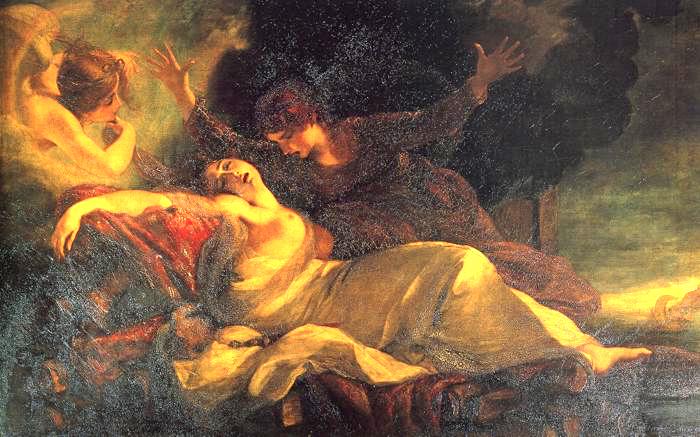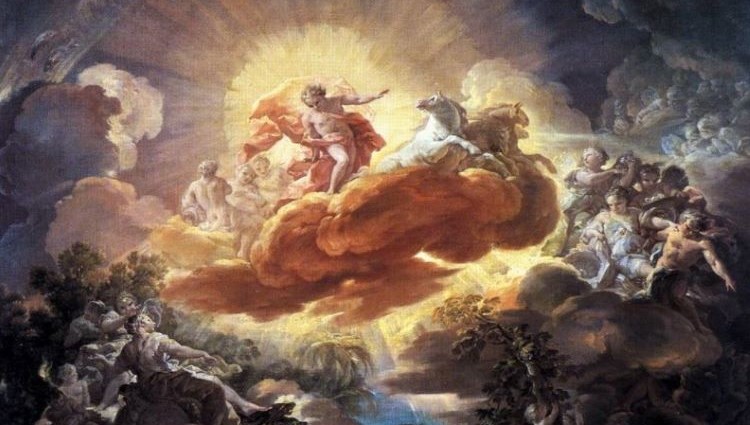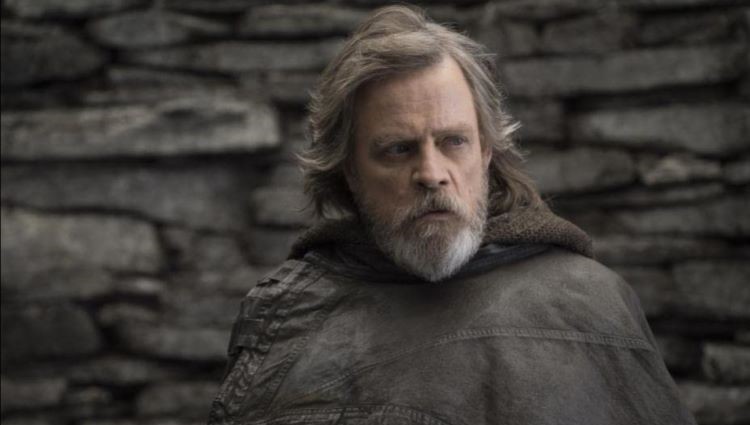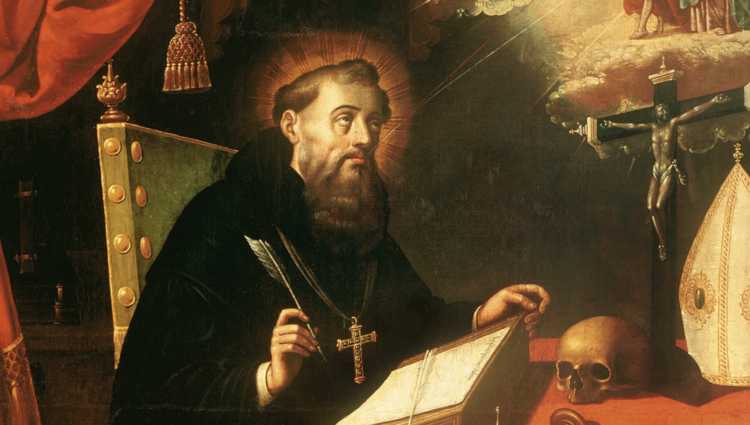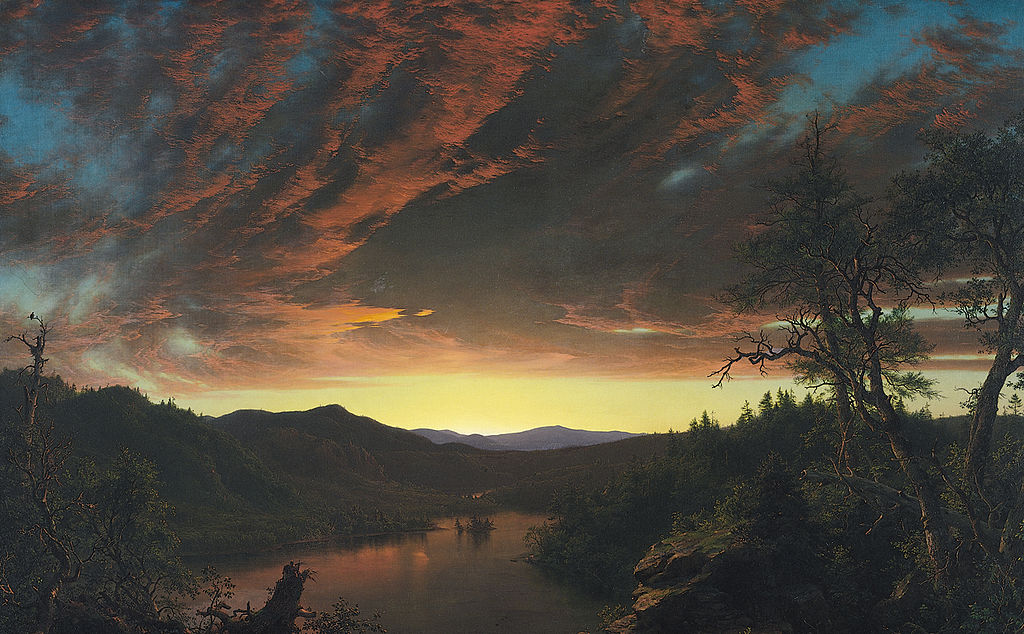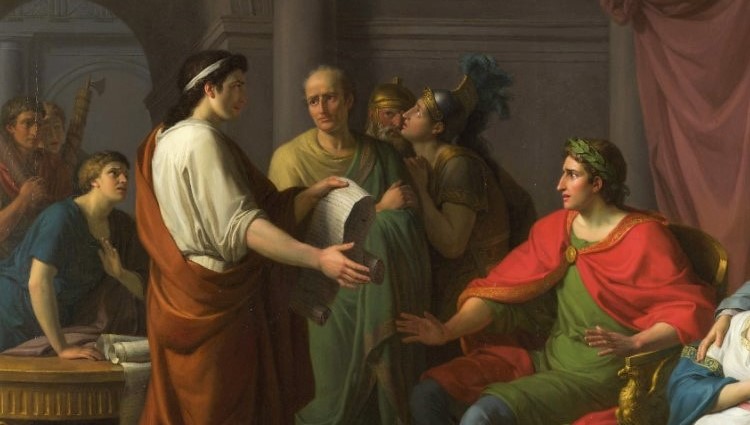Virgil on Furor
Furor is the rage in the blood that turns justice into revenge and war into slaughter. Furor is the all-consuming lust that privileges private obsession over public service. Furor is the unadulterated avarice that shatters oaths and smashes kingdoms. It is the incarnate enemy of civilization; where it reigns, there can only be dissolution. Author’s [...]

